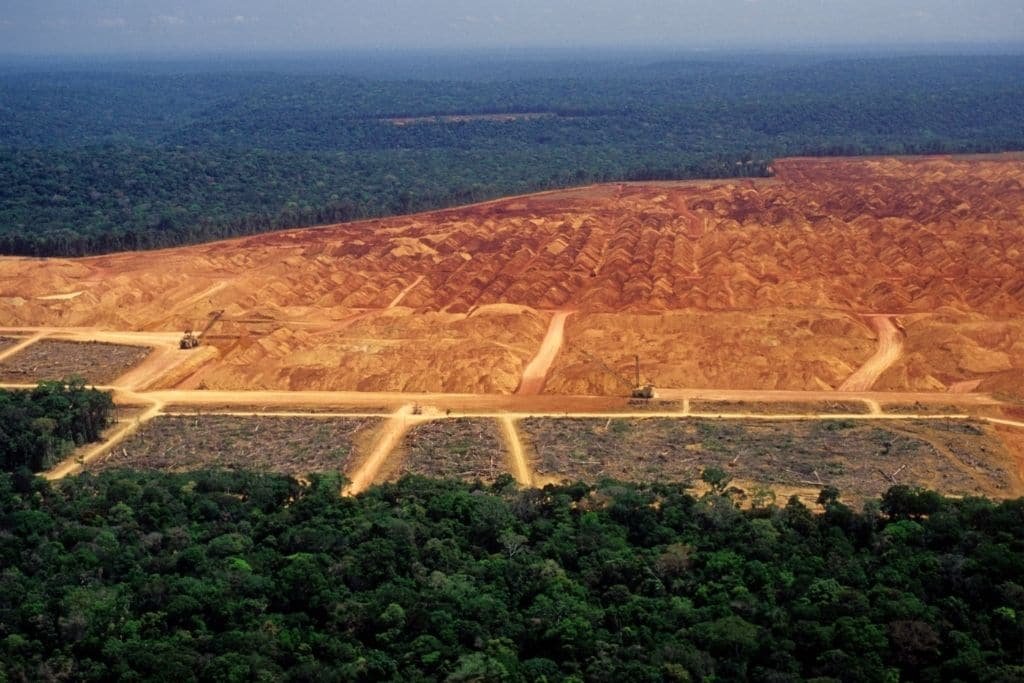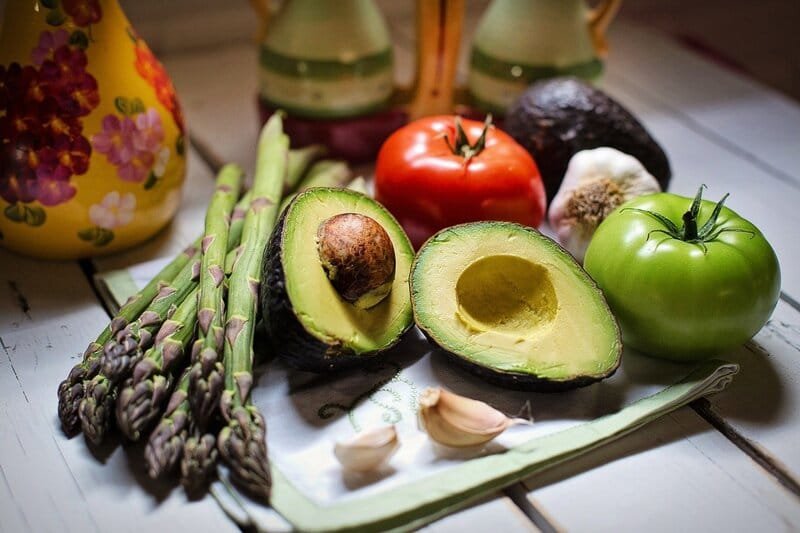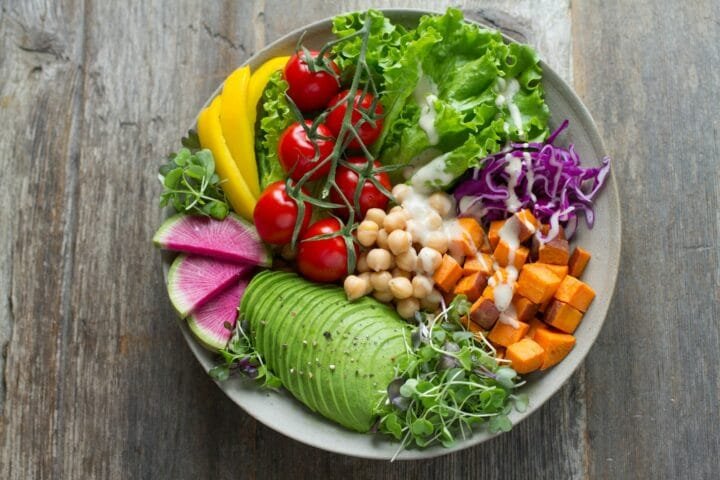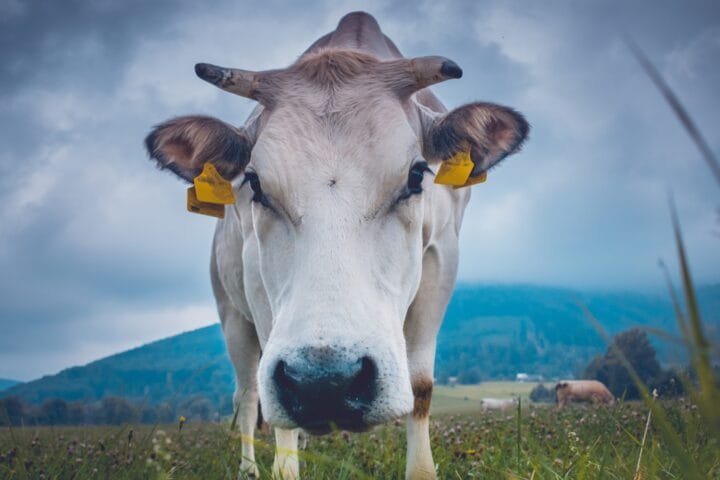Since the beginning of the COVID-19 pandemic, ecologists have been emphasising how deforestation increases our risk of pandemics. With more than half of the Earth’s tropical forests already destroyed to clear land for grazing animals and their feed – and forest land equivalent to 300 football fields being cleared every hour – we are only now awakening to another global crisis that scientists have been warning us about for decades, a global crisis in land use. According to the Intergovernmental Panel on Climate Change, around a quarter of total anthropogenic greenhouse gas emissions derive from agriculture, forestry, and other land use. We currently use land irresponsibly and inefficiently to fuel animal agriculture. To celebrate Veganuary 2024, we take a look at the land use crisis and discuss whether veganism can be the solution we are looking for.
Destroying Our Forests for Beef
We often hear that belching cows cause climate change by emitting methane, but how often do we think about the land-use of cows? A major driver of global deforestation is our demand for beef. A mere four commodities – beef, soy, palm oil and wood products – are responsible for the majority of tropical deforestation, but beef causes more than twice as much deforestation as the other three commodities combined.
The Amazon Rainforest, the world’s largest tropical rainforest, is on the brink of switching to a savannah ecosystem because of the global appetite for meat: 80% of its cleared land is used for cattle ranching and 10% is used for planting soy (of which almost 80% is then used for animal feed). In Australia, the WWF estimates that koalas will be extinct as early as 2050, because their habitats have been destroyed by land clearing for livestock pasture.

80% of the Amazon Rainforest’s cleared land is used for cattle ranching and 10% is used for planting soy – of which almost 80% is then used for animal feed.
Beef is notoriously resource-inefficient, even within the animal protein categories: As inefficient converters of energy, beef cattle need 28 times more land and 11 times more water than poultry or pork. Beef farming also emits 20 times more greenhouse gases than common plant proteins like beans. As per capita meat consumption rises, the incentive to produce beef – and cut down rainforests in order to do so – will only increase. In fact, the World Resources Institute estimates that, to cater for our increased demand for beef, we would need to clear a further 400 million hectares of pastureland by 2050, which would cause so much deforestation that the global goal of limiting temperature rise of 1.5-2 degrees C would be put out of reach.
By destroying our forests, we lose our carbon sinks, water stores and havens of plant and animal biodiversity, which in turn worsens climate change. As environmental activist George Monboit puts it, “It is the amount of land an animal-based diet needs that makes it so destructive.”
[…]



